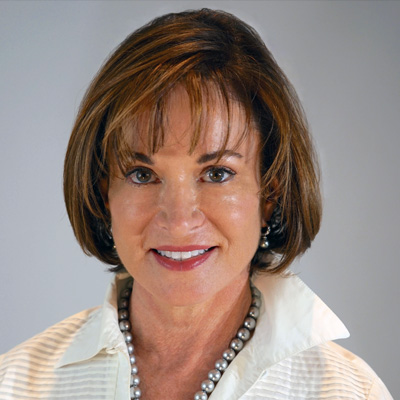San Antonio Breast Cancer Symposium (SABCS), December 2022

By Adrienne Stevens, EdD, MBA, Healio Strategic Solutions’
VP, Head of Scientific Strategy
Published March 24, 2023

Focus on Advancing the Standards of Breast Cancer Care and Overcoming Disparities in Screening and Outcomes
Research often forecasts effective ways to identify and treat breast cancer. Several early sessions at SABCS explored current challenges in overcoming breast cancer at the research level. While clinical trials have been the gold standard for honing a plausible hypothesis in a specific population, experts in breast cancer research proposed insights that could maximize treatment options, speed the process, and potentially reduce the high costs of clinical trials. Several key topics were discussed:
Therapeutic practices in lung cancer and rare diseases, for example, have identified molecular abnormalities that have moved the field more rapidly than in other cancer research. Given the many variations in breast cancer subtypes and lifestyles that impact morbidity, speakers suggested focusing on smaller studies that focus on single and multiple subtypes using a variety of therapies given over a shorter window of time and include more qualitative lifestyle endpoints. This is where real-world evidence has the advantage over large clinical trials. The speakers were in favor of therapies that initiate therapies, back off, and try other therapies, albeit in smaller sample sizes because patients present at different stages of the disease.
Health disparities pose tremendous barriers to identifying patients and getting these patients into the system to get the care that is needed. Medical coverage and entry into clinical trials are but a few of the barriers African Americans, men, and Hispanic women face today in getting breast cancer treatment. Navigating the healthcare system is complicated and language barriers often hinder care. While many centers have gatekeepers to assist patients and entry into clinical trials is a way to help patients get care, narrow eligibility criteria in many clinical trials often exclude the patients who need care most.
Speakers noted that many obstacles in facilitating patient care exist from regulatory agencies, while pharmaceutical or academic institution-mediated trials can happen more quickly. Who should take the lead? Where is the funding coming from? Where should sample sites be housed? How can bureaucracy be lessened? It was suggested that academic centers form consortiums to facilitate quicker care. Lessons learned from the pandemic taught how to decentralize consent, allow virtual consent, and space out medical visits.
Finally, there is a need for better alignment and incentives to help underwrite training programs to attract young researchers to the field of breast cancer research. There are steep, uphill challenges facing this area, but speakers, researchers, clinicians, patient advocates, and patients are passionate about overcoming these barriers.

